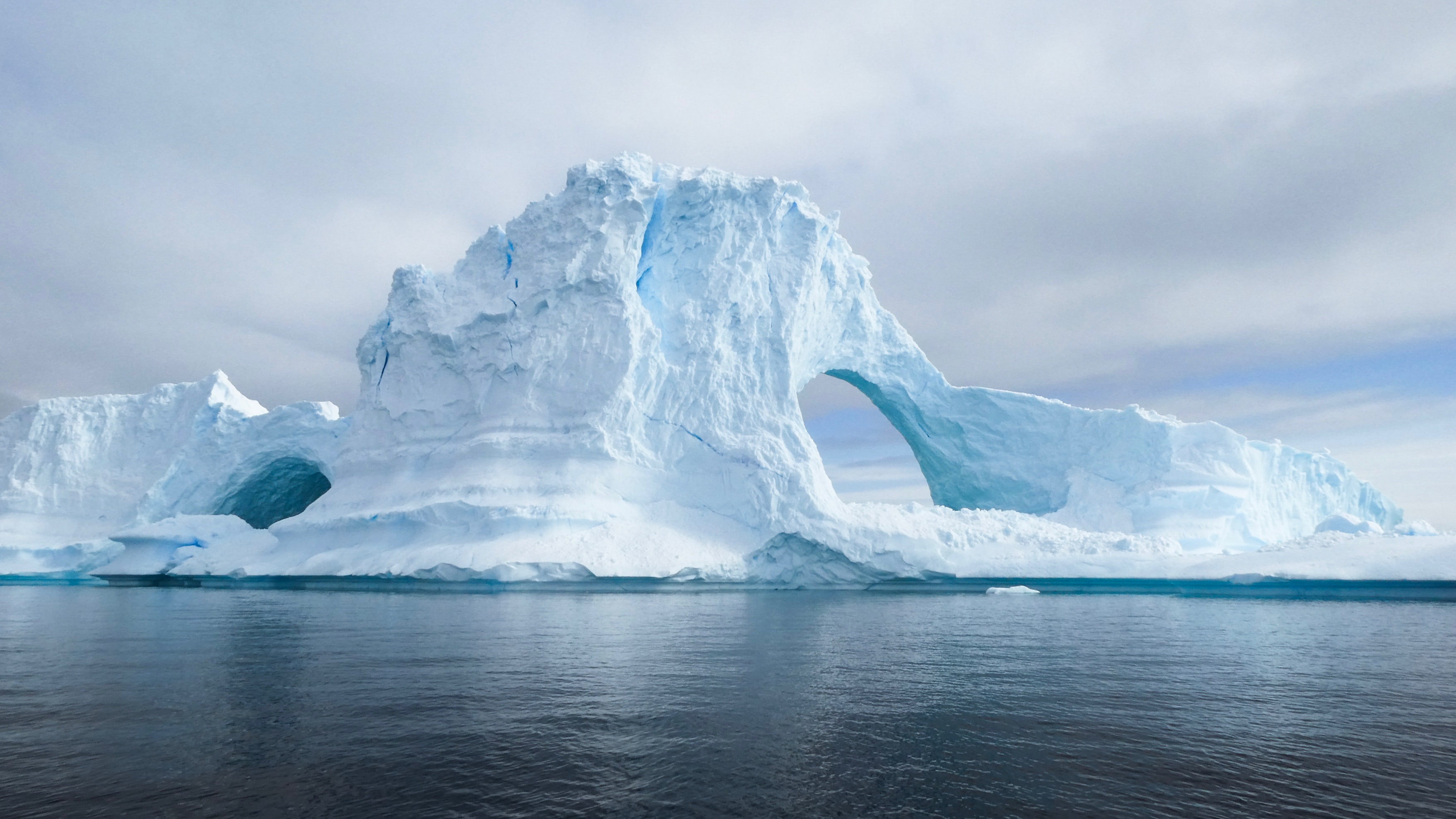News release
From:
Have we been looking at the wrong data?
The recently released IPCC report into mitigating the effects of climate change makes for scary
reading - if we don’t do something soon to stop the temperature rise, it will soon be unstoppable.
It’s sobering and more than a little frightening.
But what if we’ve been looking at the wrong data?
A recently released paper published by PNAS "Marine anoxia linked to abrupt global warming
during Earth's penultimate icehouse", by University of Waikato researchers Terry Isson, Kierstin
Daviau and Sofia Rauzi from the Earth-Life Interactions (ELI) research group, suggest that we
may have been looking at the wrong part of the Earth’s history as analogues for past global
warming events. This work is carried out in collaboration with UC Davis, Chinese Academy of
Sciences, Yale University, Texas A&M University amongst others.
“The research comes down to the different environments the Earth is operating under,” Terry
says. “At the moment, we’re in an ‘icehouse’ phase, with glaciers and ice caps. The data we
look at for forecasting the effects of global warming come from a period of ‘greenhouse’ when
the Earth didn’t have massive stocks of ice.”
Isson's research suggests that global warming events that take place during icehouse worlds
may have more severe impacts, in particular the loss of ocean oxygen, compared to those that
occur during greenhouse periods.
“We know that global warming affects oxygen levels and how acidic our oceans are. This has a
flow on effect to the kind of life that our oceans can sustain.
“This research indicates that this process may be more rapid and more severe in our current
climate and we may be seriously underestimating the rate and effect of global warming if we
continue to rely on greenhouse comparisons.”
Isson says the greenhouse analogy is used because these events have already been identified
and it’s the most commonly used data. “We have to go back a lot further in time to find an Earth
climate state similar to the one we are currently living in to make the comparison to an icehouse
environment,” he says.



 International
International



